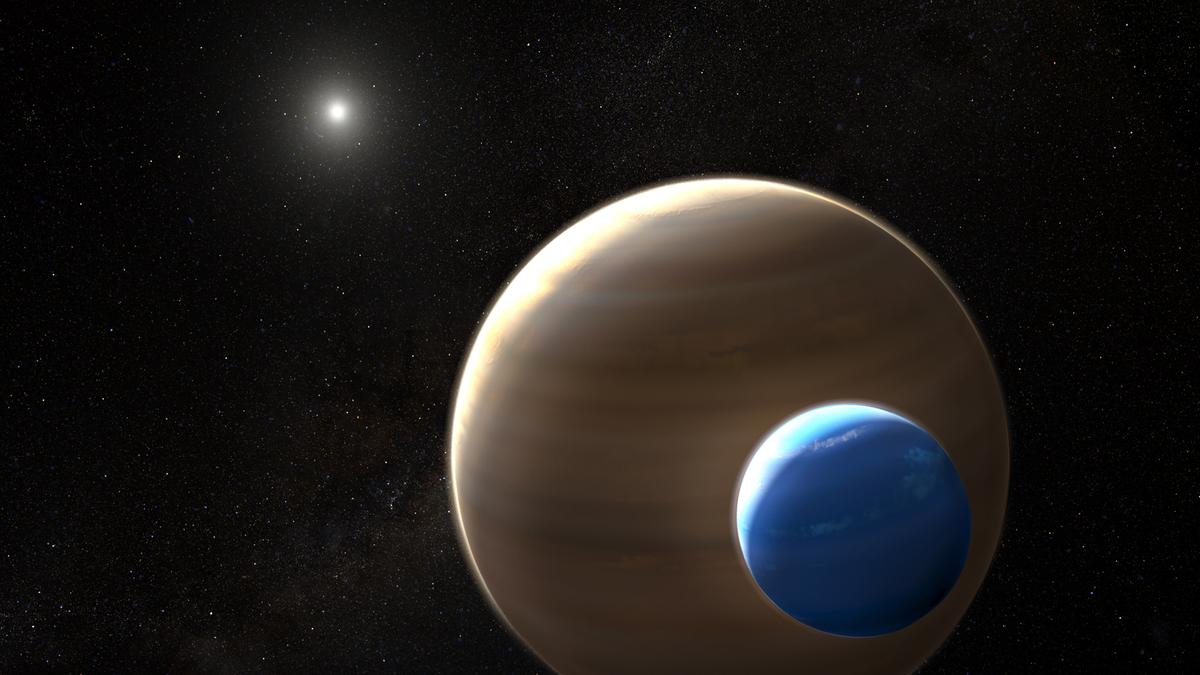
"the first detection of an exoplanet - that is, a planet outside our solar system - in 1992, discoveries have exploded alongside advances in detection technology. As of this writing, more than 6,000 exoplanets have been confirmed, with the number continuing to rise. That we now know planets are extremely common - with an estimated average of roughly one per star - and that these bodies are remarkably diverse and sometimes quite Earth-like, stands as one of the great breakthroughs in the history of astronomy."
"In this discussion, held at the World Science Festival in New York City in June 2024, the US physicist Brian Greene interviews the UK astronomer David Kipping, who leads the Cool Worlds Lab at Columbia University in New York, which studies 'extrasolar planetary systems'. Kipping offers a brief history of exoplanet discoveries, before turning to what he believes could mark the next major breakthrough in his field: the first confirmed discovery of an exomoon."
Following the first exoplanet detection in 1992, discovery rates have surged alongside detection-technology advances, yielding more than 6,000 confirmed exoplanets and rising. Planets appear extremely common—roughly one per star on average—and exhibit remarkable diversity, with some bodies resembling Earth. David Kipping, director of the Cool Worlds Lab at Columbia University, describes the field’s history and identifies the first confirmed exomoon as a likely next breakthrough. The exchange covers implications for life and cosmic understanding, plus specialized challenges such as securing observation time on the world’s most powerful telescopes during exoplanet and exomoon searches.
Read at Aeon
Unable to calculate read time
Collection
[
|
...
]